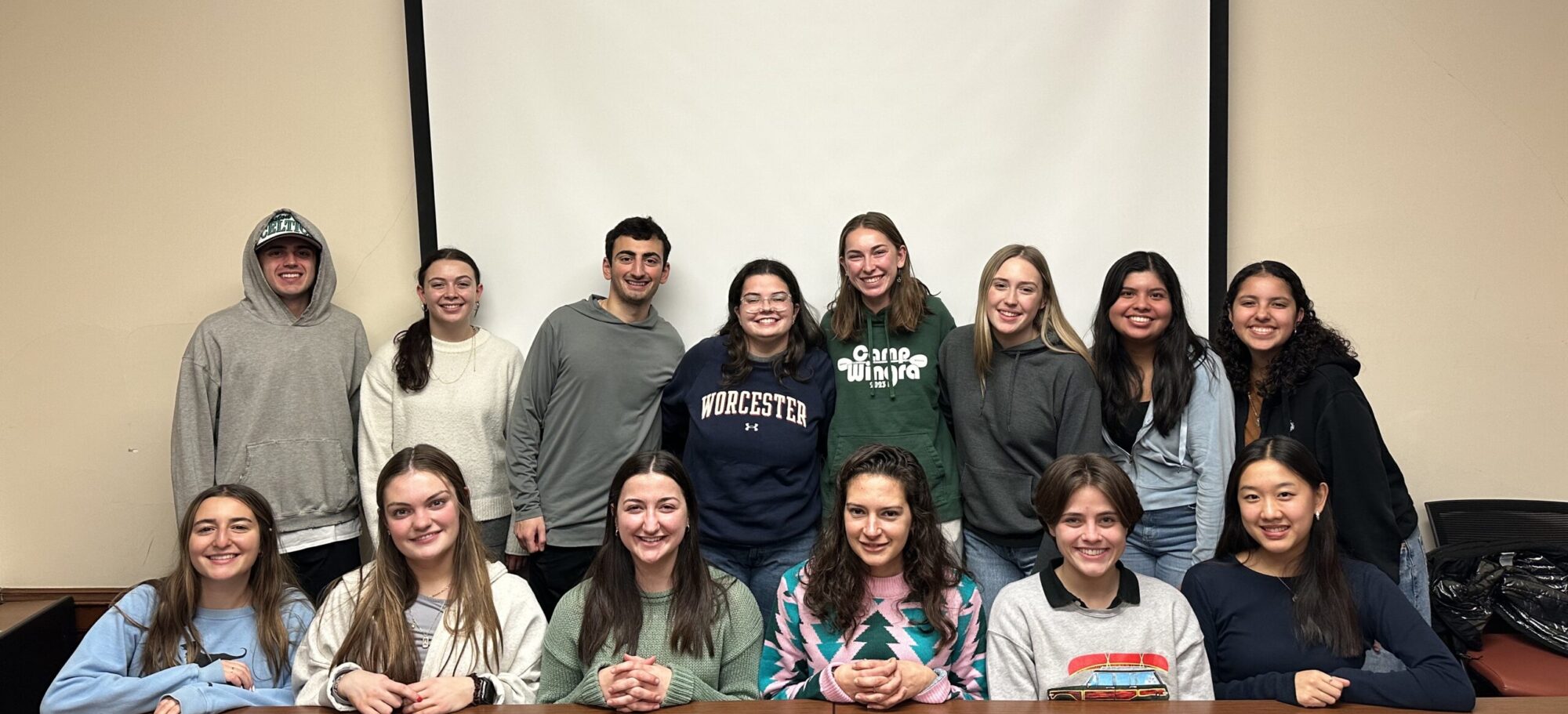If you asked me at the beginning of my Spanish 302 class what CBL meant to me, I would not have been able to answer. After a semester spent in Ascentria, I now truly understand what it means to be a woman for and with others. Helping others is not meant to simply be a good feeling for individuals with privileges or something someone does during holiday seasons. Helping others is something implemented in people’s lives. Let me elaborate by going back to my time in high school.
At my high school, there were required volunteer hours for every student called “Christian Service.” At the time, I had not yet understood how important our service was and how it affected our community. Similarly to Ascentria, I volunteered most of my time at Sacred Heart Nativity School where I would volunteer with young elementary and middle school students. I truly did enjoy tutoring and spending time with these kids, especially considering that they were all first generation students. I loved volunteering my time at a placement where I could relate with the young individuals I was working with.
Growing up I had never had the opportunity to be in an after school program, where English speaking individuals could help me, but my parents persevered and helped my brother and me through most of our teaching. Although my parents’ native language was Spanish and they did not finish high school, they put their all into helping us navigate the world around us in the U.S. They are part of the reason as to why I understand the need to help our neighbors daily, address social injustices, and even if we do not understand others and their point of view, we still love them as God’s creation.
As I previously mentioned, I would volunteer through my high school, but I had not yet truly understood why I should help others. To be honest, I used to think it was not important and often thought there were several other people who could have done a much better job than I did at my placements. That doubt and self consciousness followed me all the way up until my fall semester of my first year at Holy Cross when I was introduced to CBL. In my Spanish 302 course, Español Para Hispanohablantes, I was introduced to CBL. Sadly, I was unable to volunteer due to unprecedented issues during COVID-19 pandemic. When I made it to the end of the semester there was a classroom visit where I distinctly remember Dora Calva, facilitating a talk about Ascentria. When she spoke about Ascentria, I remember being moved by the work she was doing, along with some of my classmates that volunteered at this placement.
That is when it struck me. Volunteering was not just something to do to be a good person or something you do to make up for a wrong you have committed, it is something you do for and with others in order to immerse yourself in a community and understand how your work or volunteering has an impact on those around you. Once CBL applications came out, I knew I wanted to show others the way Dora and the other CBL Interns impacted my view on volunteering. All volunteering is amazing, if you think you are doing a terrible job, you are not. You are putting yourself out there, helping the Worcester community or even other communities. Now as a sophomore and a part of the CBL Intern community, I am able to talk to students and educate them on what CBL means to the Worcester community. I cannot wait to continue my journey with Ascentria and see where it takes me these next few years at Holy Cross.


